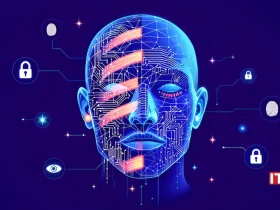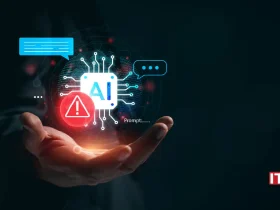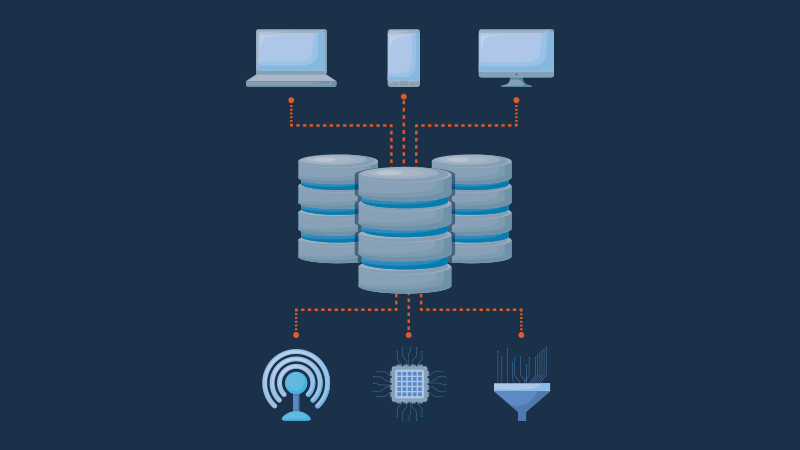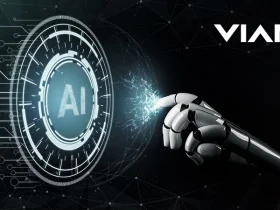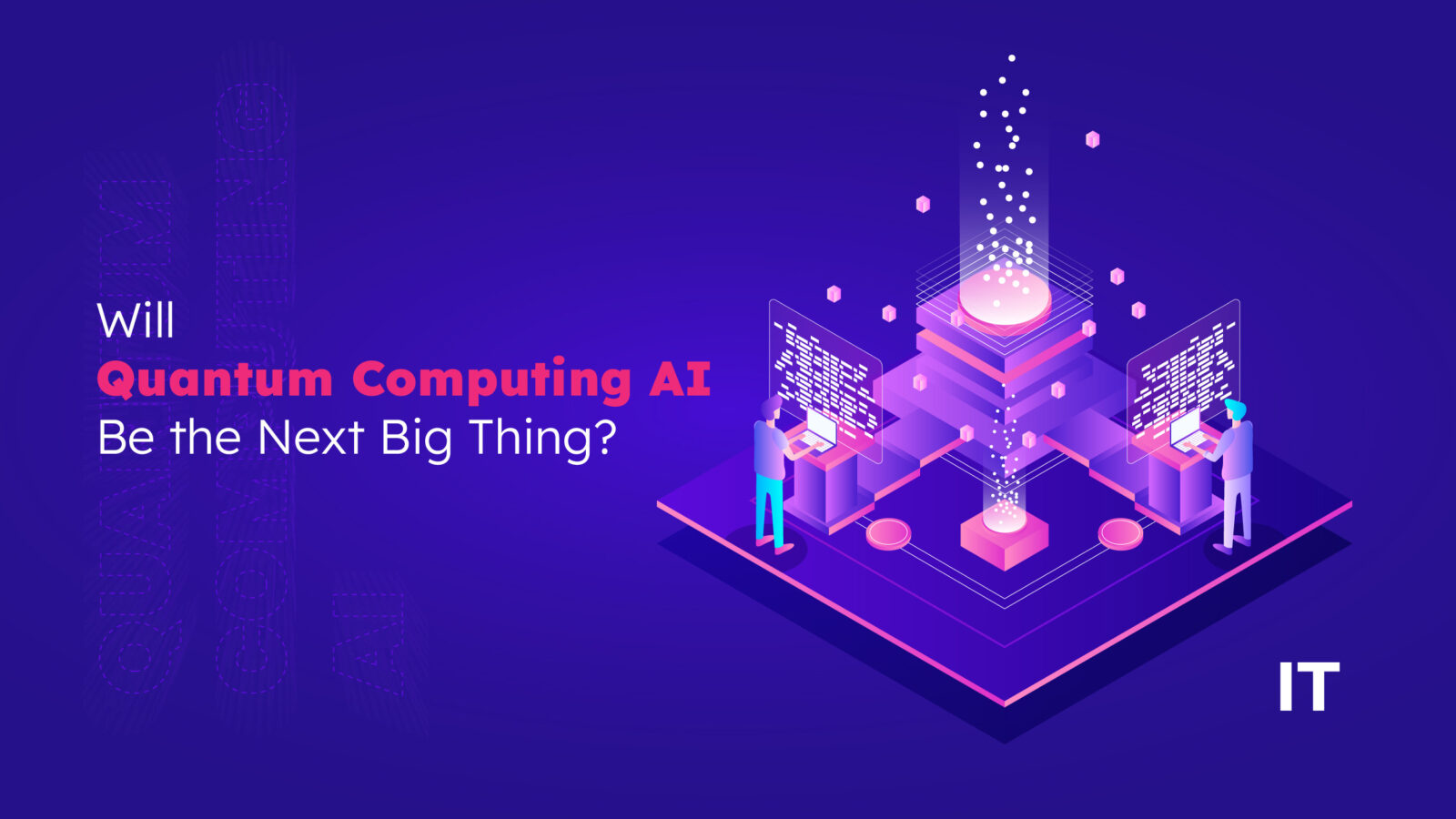Artificial intelligence (AI) is slowly dominating every aspect of the tech sphere, with or without our knowledge. The world is brimming with the buzzword AI and everyone wants to get their hands on this technological miracle. But, this brings us to the next question- Does AI have any limitations? The answer is yes, it does because of its fixed amount of computational power.
This is where quantum computing AI takes the bite.
Imagine a world where the limitations of classical computing are shattered, and AI becomes an all-seeing, all-knowing oracle – a realm where the mind-bending potential of quantum mechanics meets the creative ingenuity of human intelligence. Fun, right? Let’s dive in and learn more about this “next hot thing” in the world of tech.
What is Quantum Computing AI?
The field of computer science known as quantum computing makes use of quantum theory’s principles to address complicated issues that are too difficult for traditional computers to handle. Quantum computers use quantum bits, or qubits, which are physical systems that can exist in several states at once (both as 0 and 1). This is in contrast to traditional computer systems, which store and manipulate data in bits that are either 0s or 1s.
Quantum computers can execute calculations tenfold quicker than classical computers by making use of superposition and entanglement. Although quantum computing technology is still in its infancy, it has the potential to change industries, including financial modeling, medicinal discovery, and cryptography.
What are the main differences between machine learning and AI?
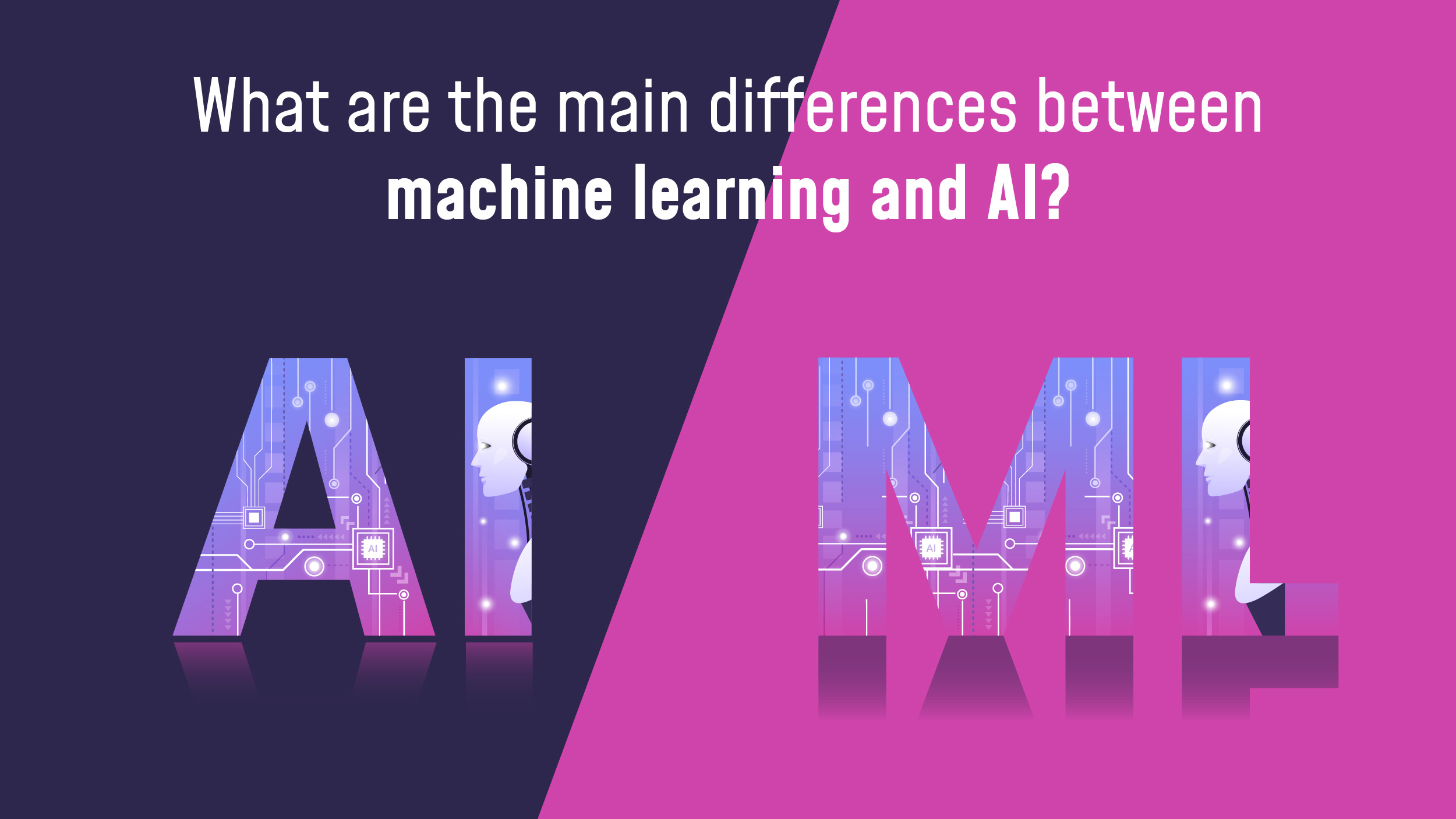 Even though AI and ML are often used interchangeably, they are not the same thing.
Even though AI and ML are often used interchangeably, they are not the same thing.
Simply put, AI is computer software that mirrors the ways humans think to complete tasks such as learning, analyzing, and reasoning. While machine learning is a branch of artificial intelligence that employs algorithms based on training data to create models capable of handling challenging tasks.
The main distinctions between the two are as follows:
- Scope and Goals: The development of artificially intelligent machines that can mimic human thought and behavior falls under the umbrella term of artificial intelligence (AI). Alternatively, ML is a division of AI that enables computers to learn from data without explicit programming.
- Dependency on Data: AI systems can decide what to do and how to do it based on the information and rules that are given to them. In contrast, ML algorithms need training data that can be understood by humans or that has been tagged to learn from it and eventually produce results.
- Diverse functionality: AI systems’ architecture allows them to simulate human-like decision-making processes, perception, and natural language processing. On the other hand, machine learning algorithms prioritize pattern detection, prediction, and optimization.
Now that we know the difference, let’s see what industry experts think about this innovation.
Is Quantum Computing the Future of AI?
According to Lisa Palmer, chief AI strategist for the consulting company, AI Leaders, “Quantum computing and AI combined have the potential to cure cancer”. However, if misused, that level of power might have catastrophic effects on society, particularly when it comes to hacking.
In the hands of bad actors, it can harm financial systems, Palmer added, which is one of the worst instances. “Every bank account in their system could experience a data breach.”
Pengcheng Shi, associate dean at Rochester Institute of Technology’s School of Computers and Information Sciences, says, “Using quantum computing, we can simulate the physical world in a way that is much, much faster”. This will aid greatly in speeding up pharmacology and drug development.
Jamie Cohen, an AI expert and professor at CUNY Queens College, claims that quantum technology can significantly improve AI quality and foster creativity in addition to enabling it to operate at rapid speed. The professor also expects quantum computing to have a significant impact on space exploration, notably in the application of mapping for telescope optics like the Webb.
Companies like IBM have already made significant investments in turbocharged technology, contributing $20 billion to the quickly advancing machinery. Google has also invested billions in this quantum computing AI sphere.
Forbes further states that IBM is already on track to make a significant advancement in quantum computing artificial intelligence by 2026.
Possibilities and Limitations of Quantum Computing AI
Quantum computing is frequently hailed as the future of AI. Numerous possibilities can be processed simultaneously by quantum computers. This might speed up AI algorithms and improve the efficiency with which greater datasets are processed, resulting in AI models that are more potent.
Recent research by the Boston Consulting Group concluded that generative, foundational, and horizontal AI has a market potential of $50 billion to $100 billion, influencing virtually every industry. In addition to automotive AI algorithms, BCG claims that there are further multi-billion dollar prospects in the fight against fraud and money laundering.
How Close Are We to Quantum Computing AI?
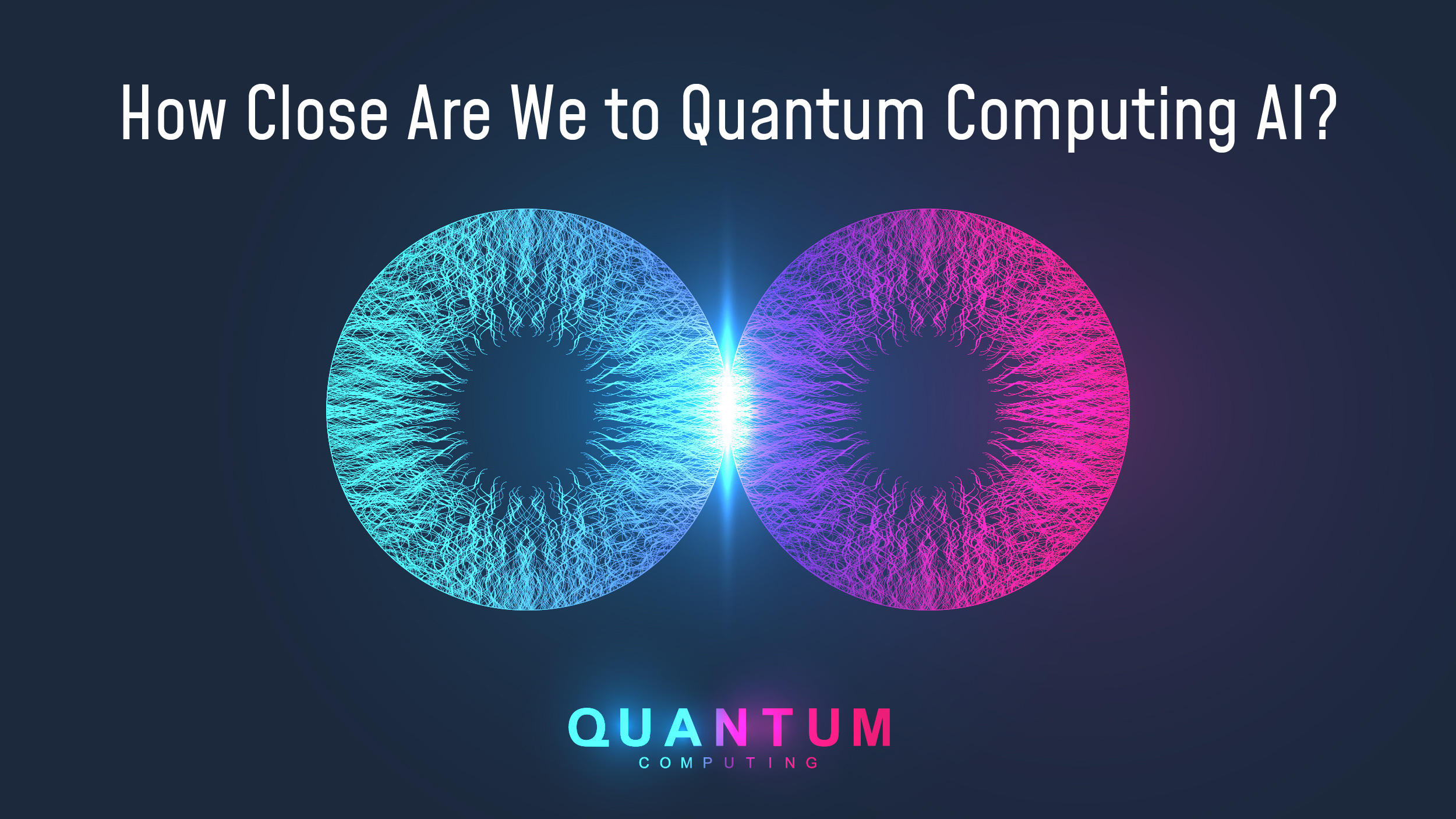 Quantum computing is still an emerging field. The coherence, or quantum state, of today’s quantum computers, which have a finite number of qubits, is a significant obstacle. The amount of computation complexity that can be handled is limited.
Quantum computing is still an emerging field. The coherence, or quantum state, of today’s quantum computers, which have a finite number of qubits, is a significant obstacle. The amount of computation complexity that can be handled is limited.
Additionally, quantum computers with AI need whole new algorithms since they are not just an improvement over classical computers. For example, traditional machine learning models, like neural networks, are trained by modifying parameters (weights and biases) based on the input data, to reduce the discrepancy between the model’s predictions and the actual output.
Artificial intelligence quantum computing models are tweaked using a technique called gradient descent, which identifies the direction in which changing the parameters will result in the difference being as little as possible.
It becomes extremely challenging to measure or estimate the gradients in a quantum computer. Therefore, attempting to run a classical algorithm on a quantum computer is doomed to fail, mandating the development of new algorithms.
Although it is a tough task, the development of these algorithms is still in its early stages. For instance, a novel class of machine learning algorithm known as “reservoir computing” seems to take advantage of special quantum features to perform well in both classification and prediction applications.
Conclusive Thoughts
Quantum AI is a rapidly emerging field with the potential to revolutionize both quantum computing and artificial intelligence. By combining the power of quantum computers with AI, quantum computing AI has the potential to solve problems that are currently intractable for either technology alone.






















